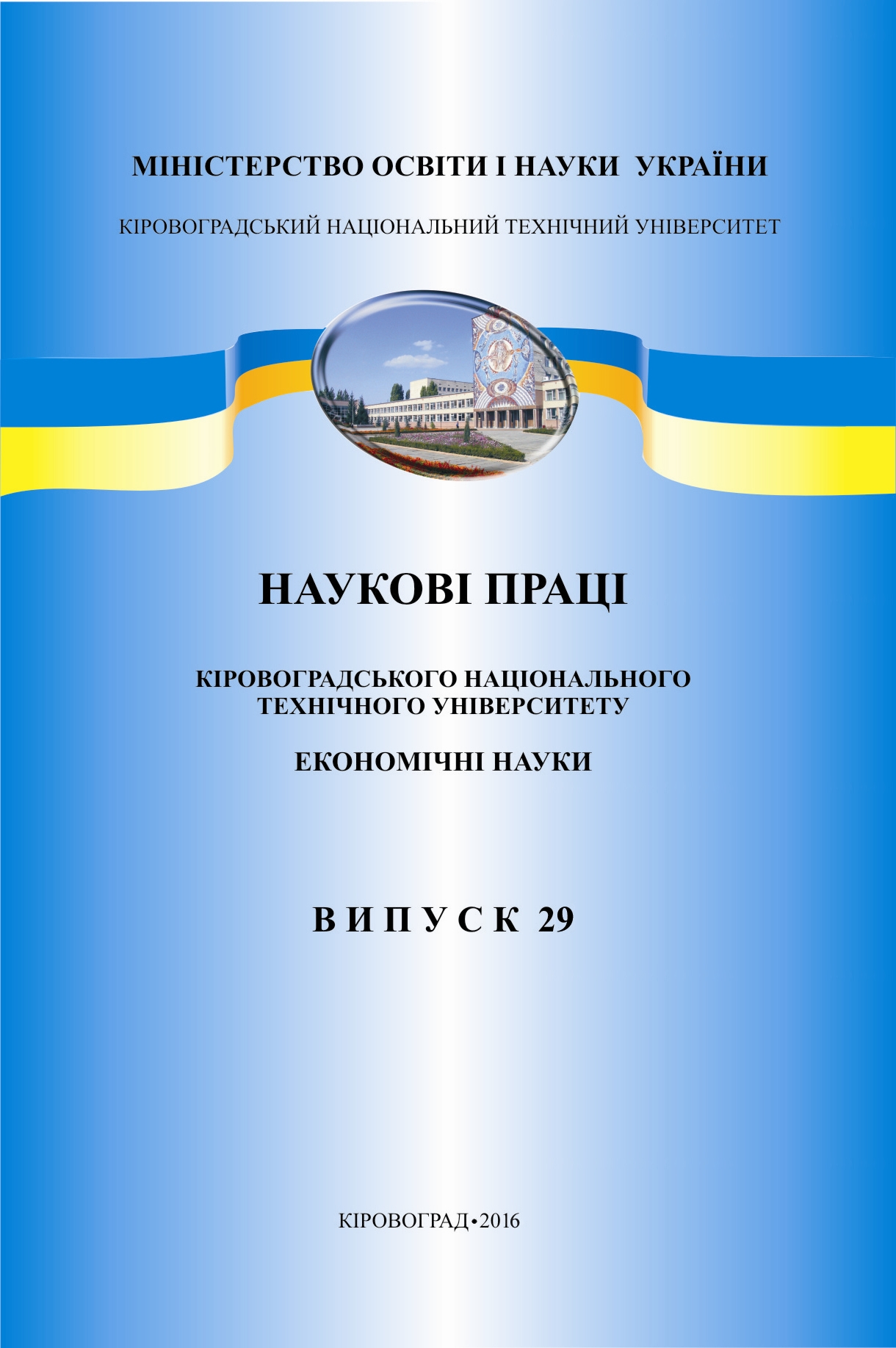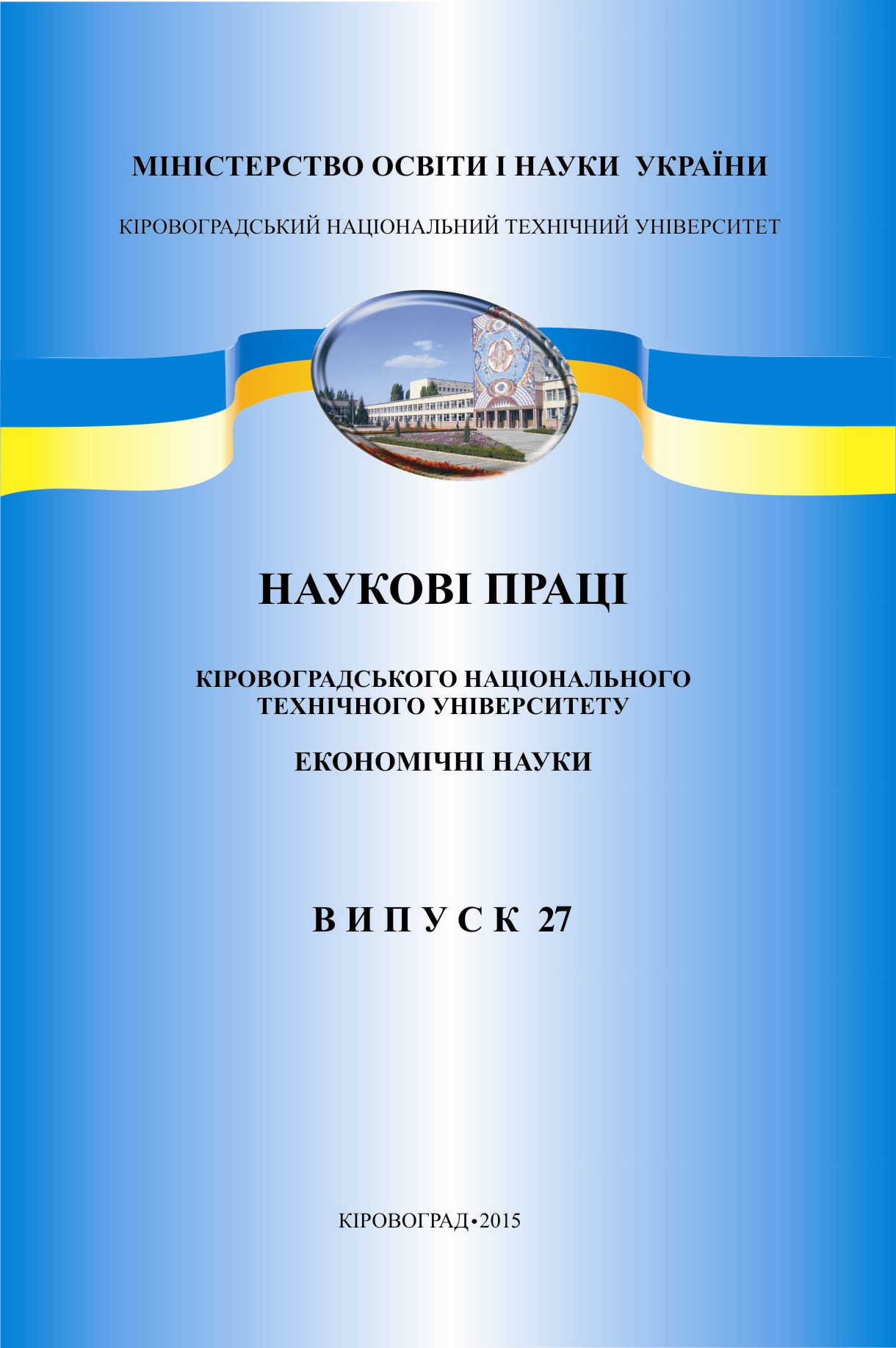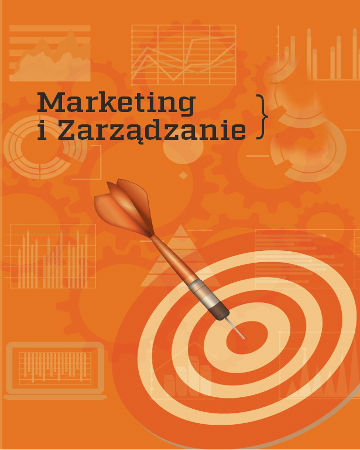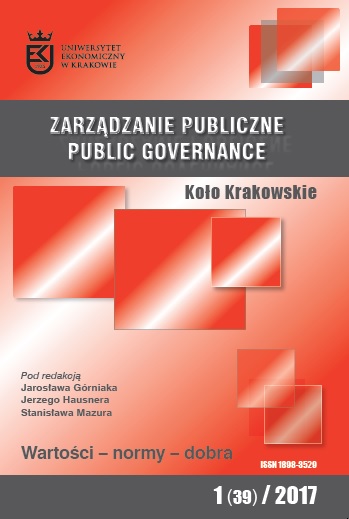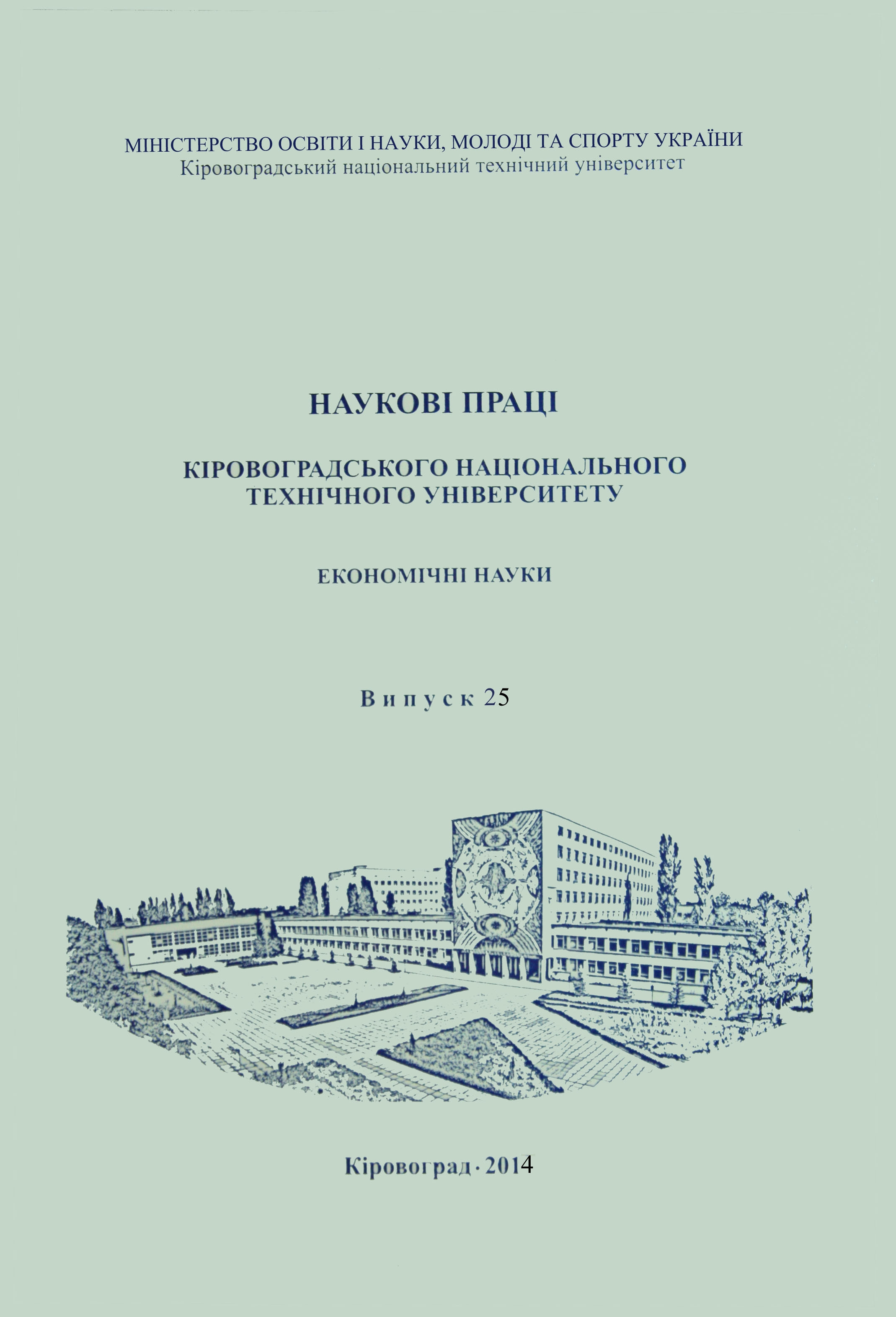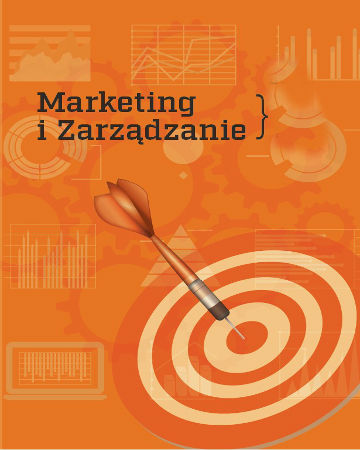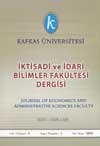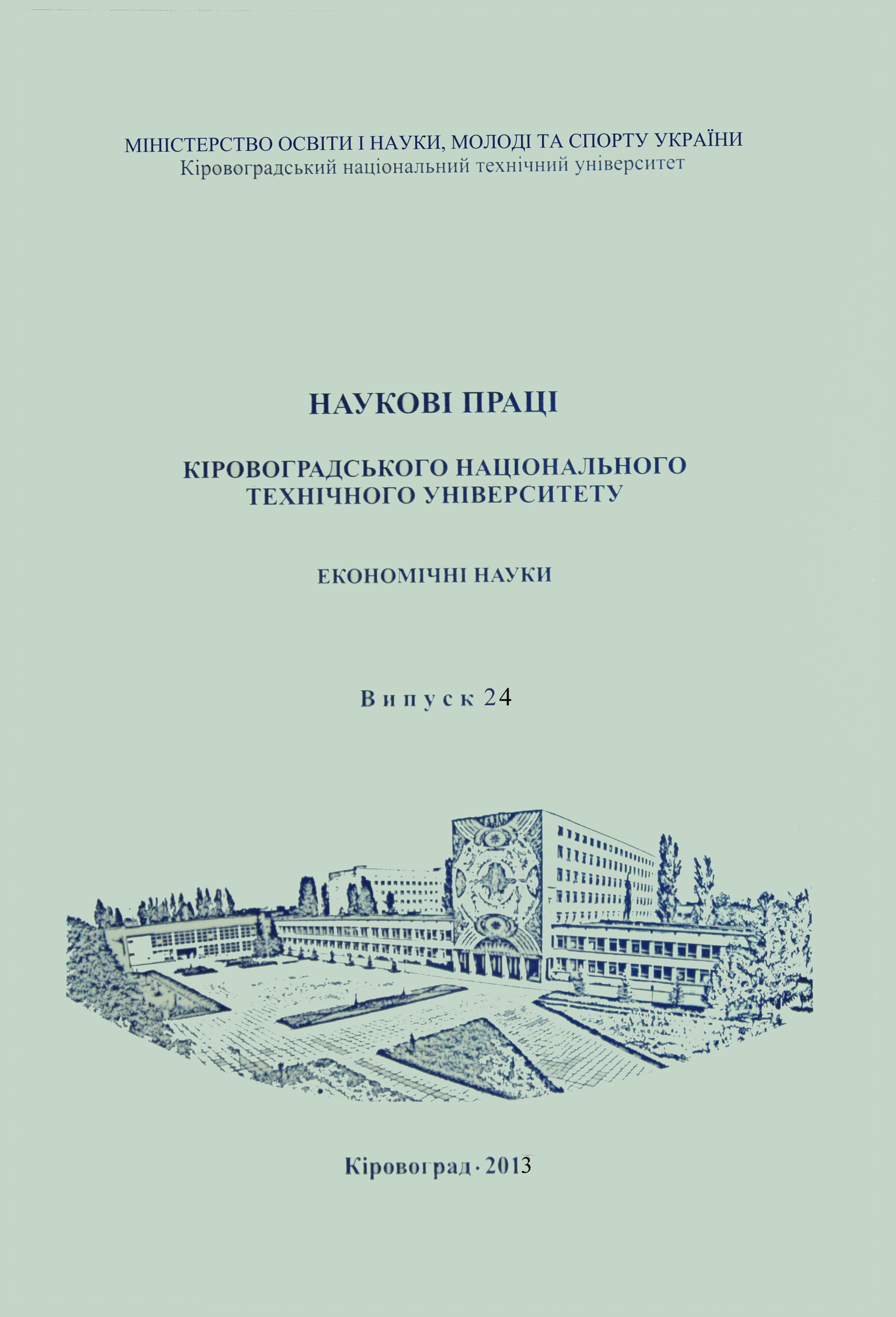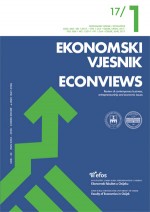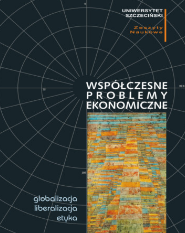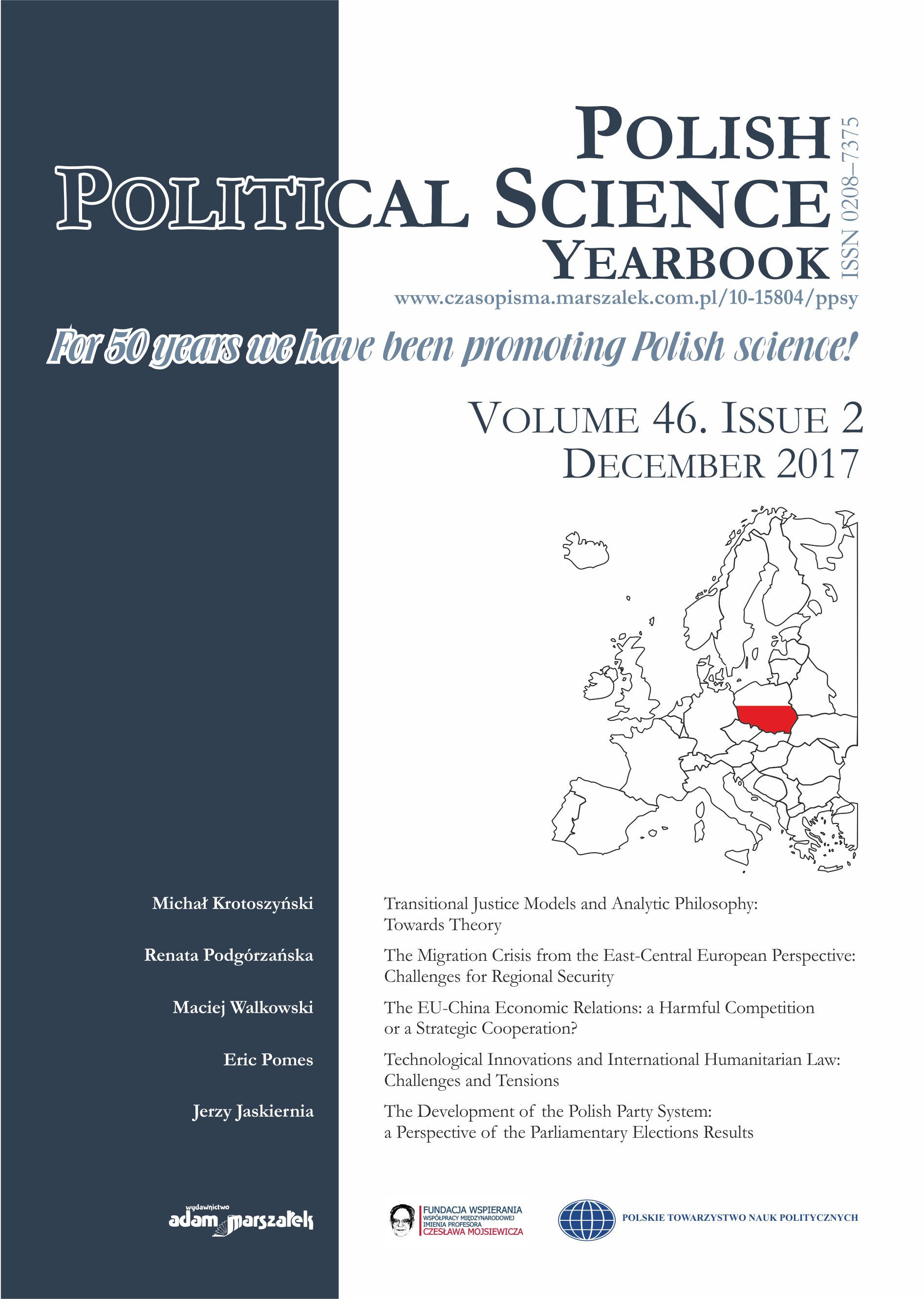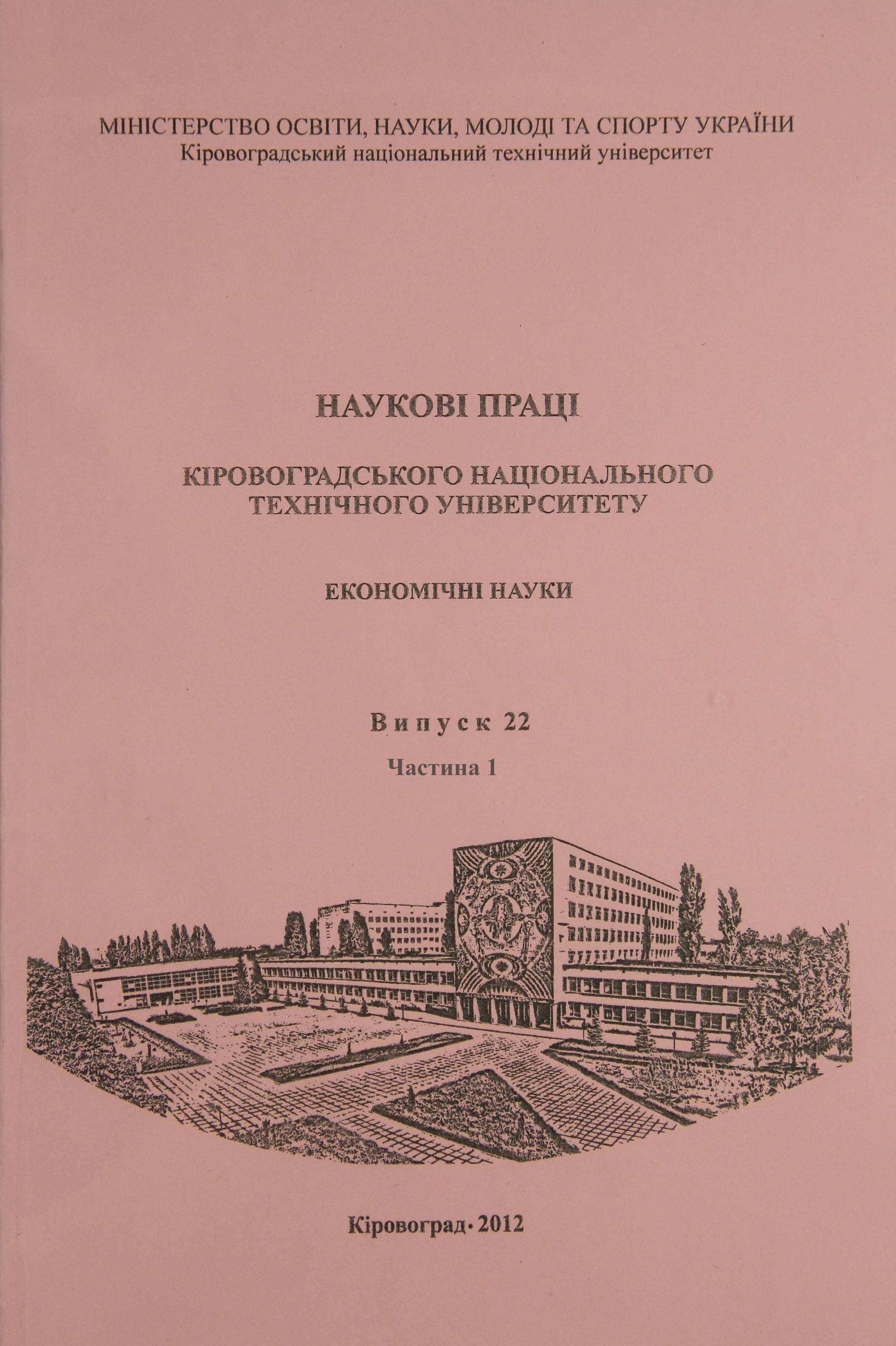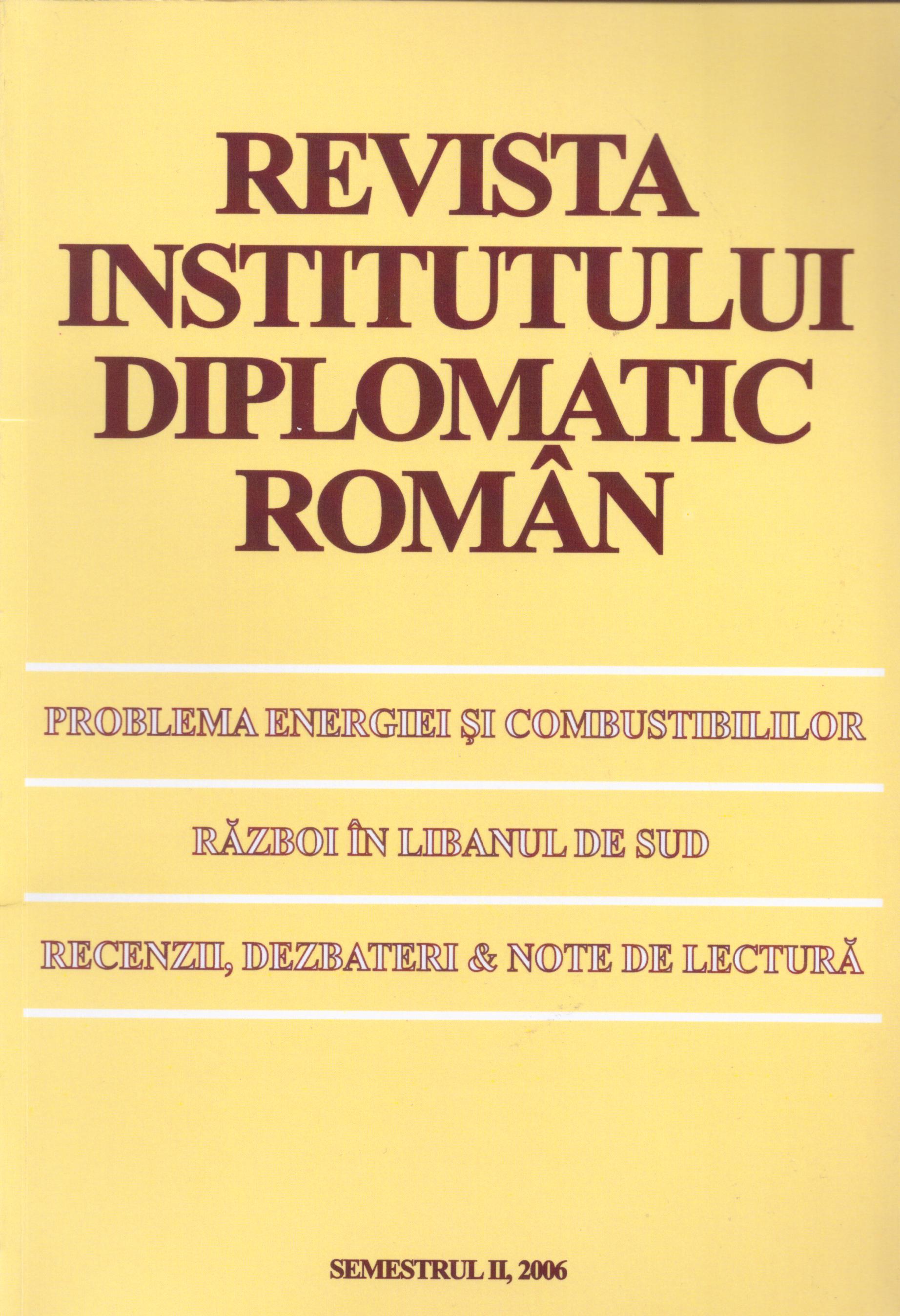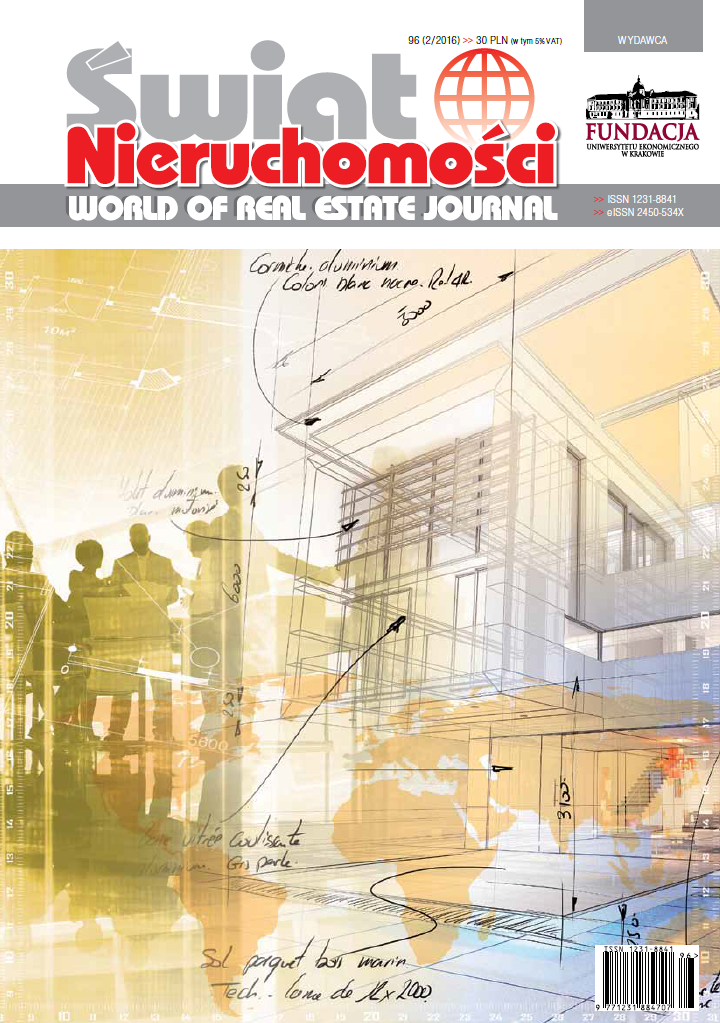
Inwestowanie w nieruchomości rolne – Polska na tle wybranych państw europejskich
Agricultural real estate has a special place in national economies, and is of crucial political importance. Many investors believe that real properties are areas with high potential of the growth of value, in part due to the demand for food, and in part due to the ability to change their function to the commercial one. The aim of the article is to present the institutional and legal conditions of investment in agricultural real estate in Poland in force until 1 May 2016, with an attempt to assess the attractiveness of such investment and an indication of the potential effects that will be caused by recent changes in legislation. The author analyses the legal conditions of investing in agricultural property in Poland against the principles adopted in selected EU countries, which allows her to identify differences and similarities in the treatment of agricultural property in Poland and the selected EU countries. In addition, she analyses the market size through the volume of transactions of agriculture real estate in Poland, conducts the analysis of changes in the prices of agricultural land in Poland, pointing out changes in the price of such land in the selected European countries. The research also includes the volume of purchase of agricultural real estate by foreigners in Poland. The author uses the study of literature, legal acts, the analysis of the existing data and own calculations.
More...
